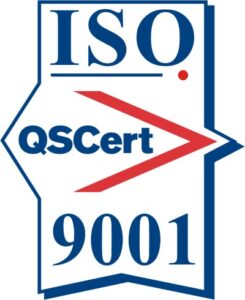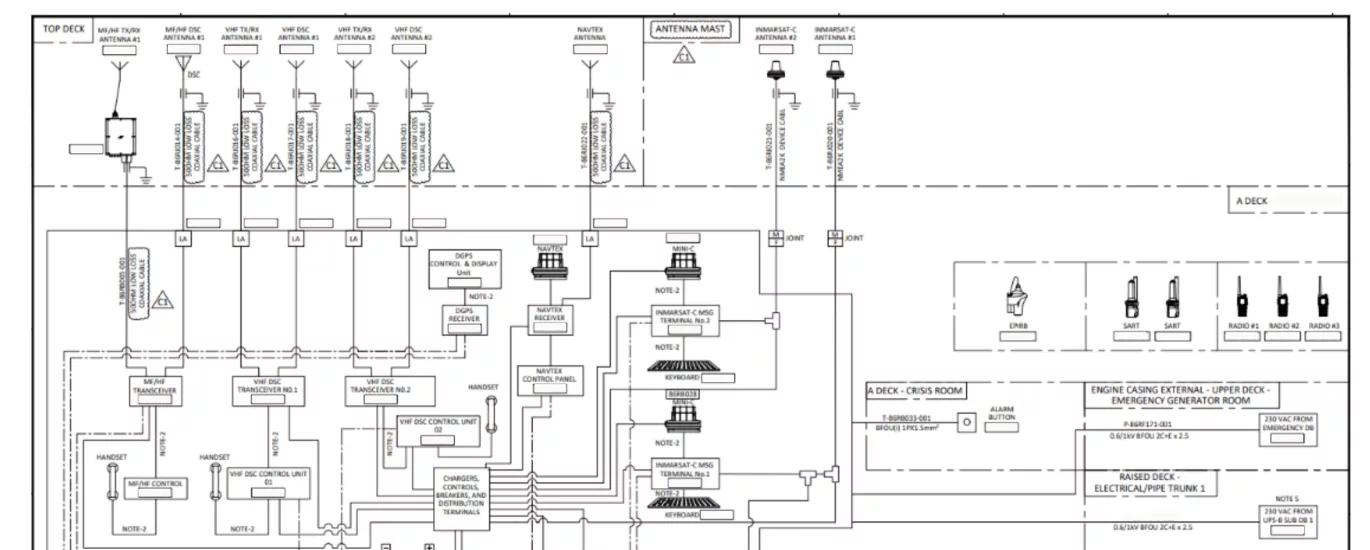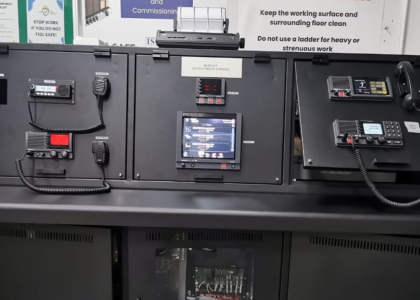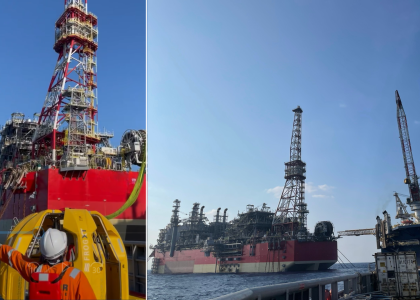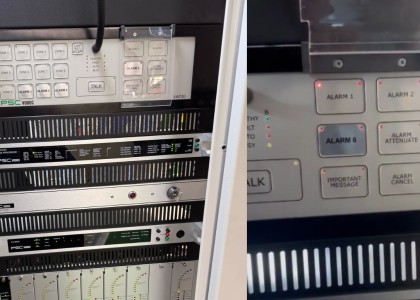Engineering system design plays a critical role in the successful deployment of Telecom, Information Technology (IT), and Extra-Low Voltage (ELV) systems in this industry. The design of these systems is a complex and critical task, requiring careful planning, expertise, and adherence to industry standards.
Understanding the Oil and Gas Industry
The oil and gas industry is a complex and demanding sector that relies heavily on advanced technology and communication systems to ensure efficient operations, safety, and productivity.
This sector operates in diverse and often harsh environments, such as offshore drilling platforms, remote deserts, and extreme cold climates. The industry also has stringent safety and regulatory requirements, that need to be adhered to.
Telecom System Design for Oil and Gas
Telecom systems are the backbone of communication within and between oil and gas facilities. These systems include voice and data communication networks, radio systems, and satellite communication. Key considerations for designing telecom systems in this industry include:
Redundancy and Reliability
Given the critical nature of communication, redundancy and reliability are paramount. Systems must be designed with backup options to ensure continuous connectivity, even in the event of failures.
Coverage
Ensuring coverage across vast and remote areas is a challenge. Designers need to consider factors like satellite coverage for offshore operations and the use of repeaters for onshore facilities.
Protecting communication networks from cyber threats is essential, as a breach could have catastrophic consequences. Robust cybersecurity measures must be integrated into the design.
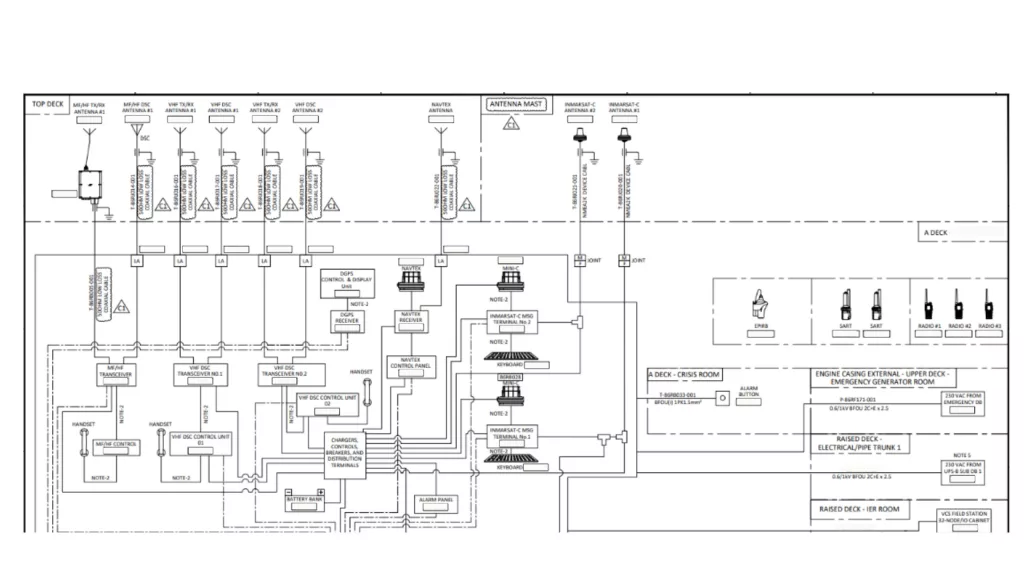
IT Systems for Oil and Gas
Information technology systems in the oil and gas industry are responsible for data management, control systems, and automation. These systems are integral to optimizing production and ensuring safety. Key considerations include:
Data Management
The industry generates vast amounts of data from sensors, drilling equipment, and production processes. Effective data management and analytics are critical for decision-making and predictive maintenance.
Control Systems
Industrial control systems (ICS) play a crucial role in monitoring and controlling processes. These systems must be designed with redundancy and fail-safes to prevent accidents and downtime.
Remote Monitoring
Many oil and gas operations are located in remote or hazardous areas. Remote monitoring and control capabilities are essential for operational efficiency and safety.

LLV System Design
Extra-Low Voltage (ELV) systems encompass security, fire detection, and access control systems. In the oil and gas industry, safety is paramount, and ELV systems contribute significantly to it. Key considerations include:
Early detection of gas leaks and fires saves lives. ELV systems should integrate advanced sensors and alarms for rapid response.
Securing facilities and limiting access to authorized personnel is crucial. Biometric access control, surveillance cameras, and intrusion detection systems are commonly used.
Environmental Monitoring
Monitoring systems should keep track of environmental conditions, such as temperature, humidity, and toxic gas levels, to ensure safety and regulatory compliance.
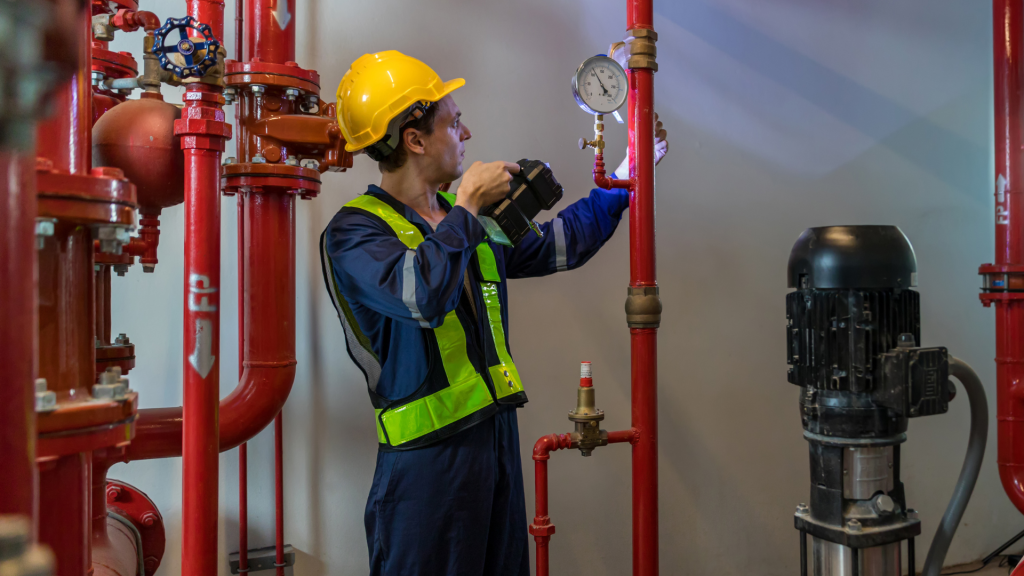
Designing Telecom, IT, and ELV systems for the oil and gas industry is a complex and multifaceted task. It requires a deep understanding of industry-specific challenges, regulatory requirements, and the need for redundancy and reliability.
Our team of engineers, drafters and technicians have over 10 years of industry experience and are well-versed in standards and regulations. Contact us today to discuss your requirements!



